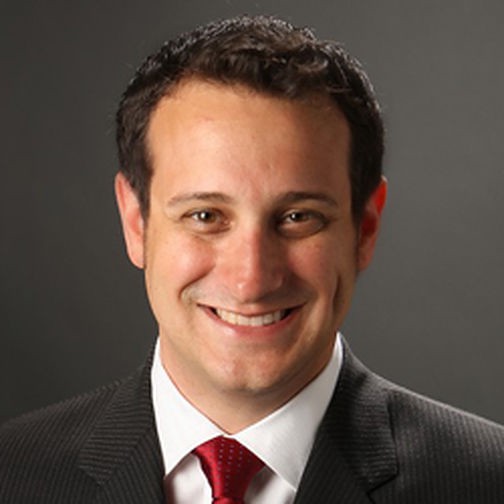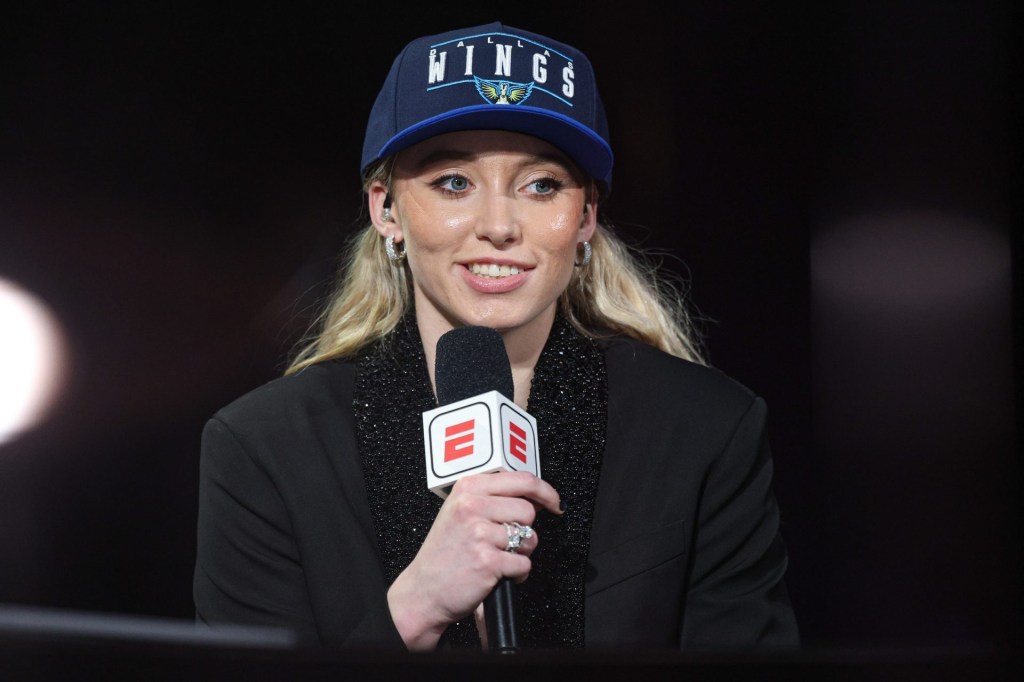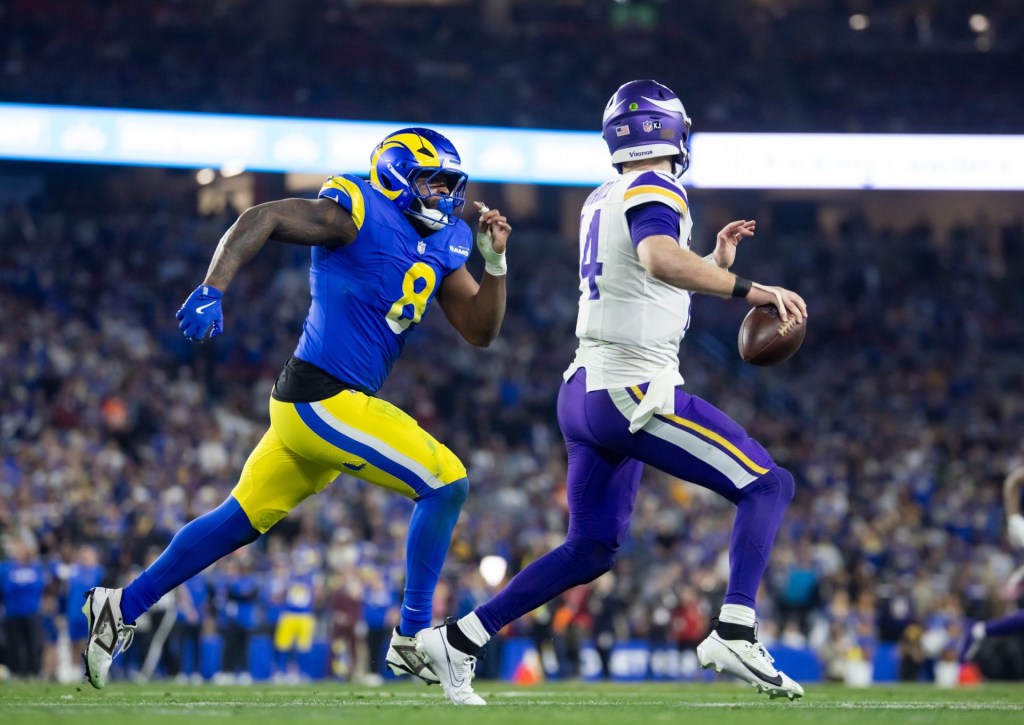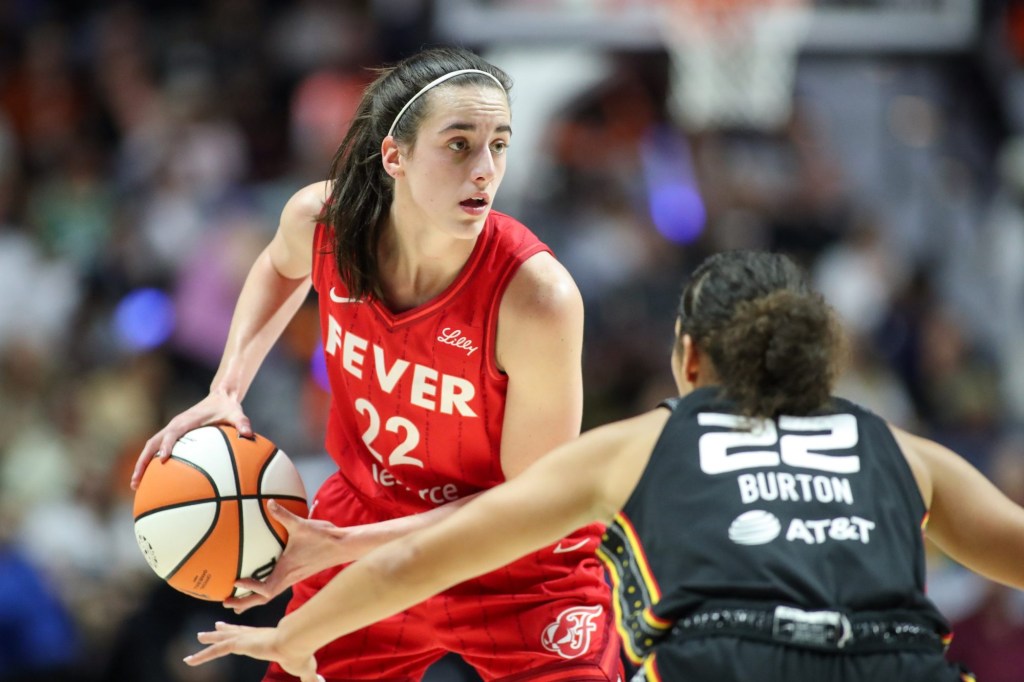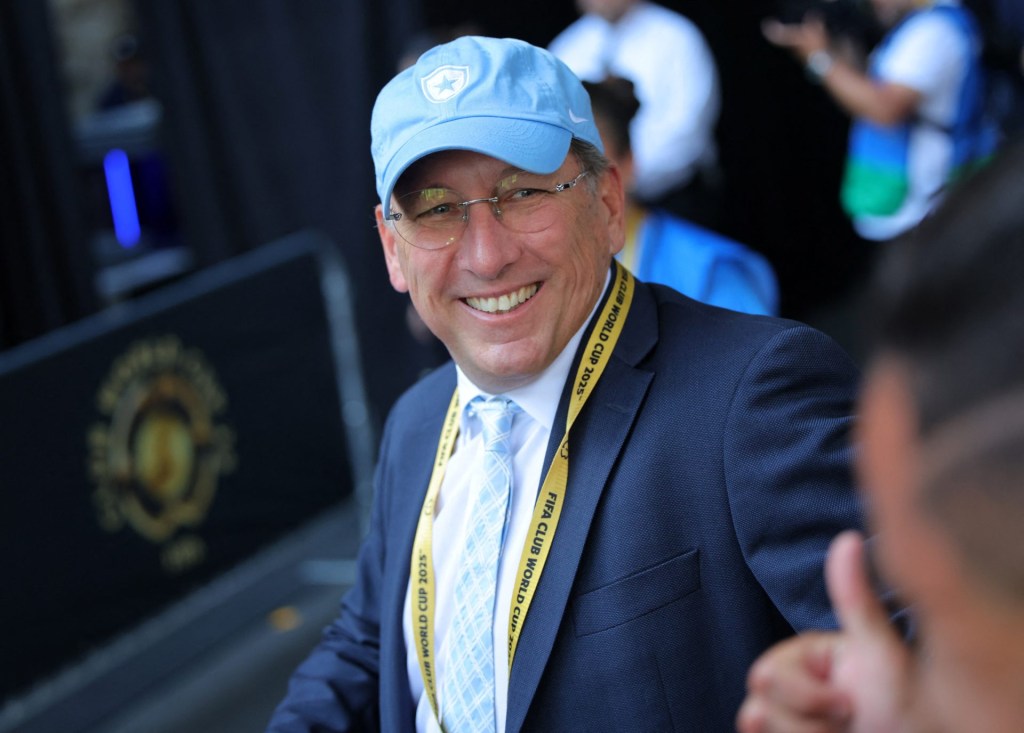By: Jason Stein, @JStein209

Front Office Sports is proud to have had the opportunity to speak with Bram Weinstein, a seasoned sports media and broadcast professional. Most recently, Mr. Weinstein spent the past seven years working as an on-air host with ESPN. Prior to joining ESPN, he spent several years working as a local sports media professional with SportsTalk 980. Mr. Weinstein was more than happy to offer up his time and insight into his journey throughout the sports media industry, the transition from radio to on-air broadcasting, and his suggestions to those seeking opportunities in sports business.
Starting in radio and then moving to on-air broadcasting, what was your journey like working in sports business?
Mr. Weinstein started by sharing how he knew he wanted to work in sports at a young age. “I would sit in front of the TV and pretend I was a sportscaster calling games. I just knew it when I was a kid, so it was an easy path for me to follow through high school and college because I always had this passion to do it.”
“In high school, I was the editor of the newspaper and the lead sports reporter,” Mr. Weinstein continued. “Then I went to college for broadcast journalism at American University, and I had a couple of great internships there, in Washington D.C., at what became SportsTalk 980, and now ESPN 980.”
The journey in sports took off upon graduating college when Mr. Weinstein landed his, “first on air job in the middle of Nebraska for an NBC affiliate, and worked there for a couple of years. I came home to Washington and was working in radio and TV. I had the chance of living out my dream by covering the Redskins, my favorite team, for eight years, that lead to a radio show offer and then all of the sudden ESPN came calling.”
“It’s been very fulfilling,” Mr. Weinstein concluded, ”from wanting to do something when you’re seven and eight years old, and then you’re actually doing it, at the highest level, it’s been really fulfilling.”
How important is it to get involved early, with internships and volunteering, and developing a network when aspiring to work in sports?
“You need people that are on your side,” Mr. Weinstein declared. It is critical to have people who “believe in you, and are willing to give you the opportunity.” He reflected back to his path sharing how he, “had a lot of role models growing up. I knew I wanted to be a local sportscaster, and was enamored with people like George Michael.”
Then looking back on the internships, Mr. Weinstein admitted he was, “very fortunate that [he] ended up at SportsTalk 980 because they were very young at the time, and they were growing! So they were new, I was new, and when I got out of college they remembered me. It was easy for me to go back to get a job there because I knew everybody who worked there.”
What types of challenges were you faced with getting started in the industry and then as you progressed in your career?
“You’ve got to get in where you want to get in,” Mr. Weinstein initially suggested. “It’s hard when you’re young and in broadcasting because there are so many people that want to do it, but there are just so few positions.” Which leads, often times, to young people taking positions they don’t really want. My best advice would be to try your best to get into the place you want to be.”
Mr. Weinstein truly suggests focusing on what it is you want to do, stating that “if you want to do play-by-play, do play-by-play. If you start doing another form of broadcasting, and you get good at it, people will be reluctant to put you in the position that you want.” It is important to keep that in mind at the beginning, as he proceeded looking at, “when you start to grow in your career… oftentimes I have found, that if you show that you’re really good at something, people become extremely reluctant to move you.”
Would you recommend aspiring sports professionals to specifically target exactly what it is they want to do or should they have an open-minded approach when trying to get a foot in the door in the industry?
We both agree that the path people take is circumstantial based on a person’s individual interests. For example, Mr. Weinstein mentioned that, “it’s different when looking at people who want to work for teams directly, whether it is in a front office or a coaching staff. I think that’s different, and I don’t have a first hand experience with it, but I would get in any way you can with a team if that’s what you really want to do.”
Looking more into his area of expertise, he suggested, “when it comes to broadcasting, I would be a little bit careful.” Although he understood that when you’re young you’ve got to get in pretty quickly, but you, “should be careful where you allow yourself to get in that first role. You want to make sure and remember to stay true and to do what you want to do.”
Reverting back to the team side, Mr. Weinstein highlighted how “any level of connection, any way to get in, even if it’s at a low level… my best advice would be to take it! Get into it, work hard and make a lot of allies there, and understand that change is inevitable. In broadcast or in team sports, things change by ratings or by wins and losses, and the surroundings will be altered consistently.”
What was it like for you transitioning from starting out on the radio side, and then moving to an on-air role?
“It was hard,” Mr. Weinstein first proclaimed that, “because I had done radio for a long time and it’s very different, the discipline, the way you communicate and how much time you have to fill each of those mediums was very different.”
We briefly continued on about this transition, and he admitted that, “it took a while, to pare down writing, to learn how to communicate effectively in short form as opposed to long form, it’s hard, but I think it comes backs to writing.”
This then led to a conversation on the differences in times to when he started out to the present environment. Mr. Weinstein professed how, “one of the advantages that young people have now… you can create your own video content… YouTube didn’t exist when I was in college… you can create things and you can get yourself out there early on.”
Are there any particular trends in the industry that you have noticed that may correlate to new opportunities for young business professionals to be aware of?
Mr. Weinstein pointed to, “digital and mobile technology,” as the place to watch out for advancements and opportunities for aspiring professionals. “The way millennials access content now is very different… they watch everything on their phone.”
We continued on the discussion of, “things like periscope, where you could kind of be your own reporter… or with a blog you could be your own columnist.” There are many doors that technology has opened and, Mr. Weinstein went to, “suggest that someone who understand social media, Twitter, Vine, Snapchat, Instagram, and can create content in a way that is palatable to young viewers… they have a leg up on everybody.”
In closing, Mr. Weinstein suggested that, “it’s paramount to understand those mediums and understand what’s worked on it, in terms of writing, in terms of communication, because that’s where everything is going, it’s all going in a digital forum, and it’s going to be changing, but that’s the direction…. understanding that media is paramount to having success in the future in this field.”
Are there any particular qualities and traits that you feel are most important that will contribute to the success of aspiring sports professionals?
“There are two things that don’t change,” Mr. Weinstein stated, “can you write and do you have a high level of resolve and perseverance? You’re going to be told no a lot, and you have to be willing to look past that.” He continued to emphasize how, “not everybody is going to want to hire you, not every position is going fit, and you got to put your ego aside, and you have to persevere.”
In closing, Mr. Weinstein again stated the importance of, “being able to write and communicate… and by putting in the time and perseverance… it will allow you to keep moving forward.”
Parting Thoughts?
“Read Everything!”
“The goal is to be original… that said, when you’re getting started follow people that you really like and watch how they do it and take things away from it. I think Mike Greenberg is amazing at teasing a segment and getting into a segment, I think Jon Anderson has an incredible way of presenting a story differently than most people… find the people that you like and try to figure out what they are doing that makes them so effective and utilize some of those skills.”
Relative to advancements in technology, Mr. Weinstein mentioned how, “you can create your own podcast or sports content show… where your writing and your ability can be showcased. I would suggest that anyone young who wants to get into sports broadcasting, start a YouTube channel, start a blog… its invariably incredible practice for yourself to showcase that you can do these things for people and they can get a sense of your ability immediately.”
We would like to thank Bram for his time and insight and we wish him the best in his future endeavors! You can connect with him on LinkedIn here!
